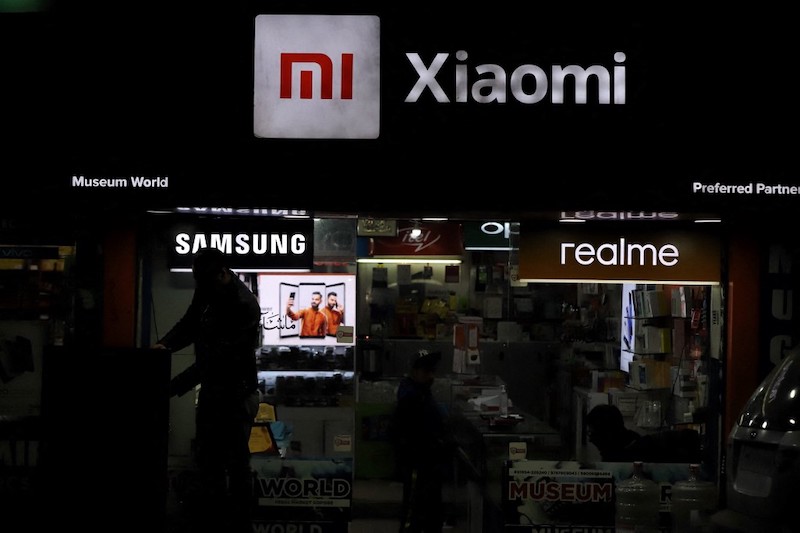China’s Xiaomi has obtained a stay on an Indian financial agency’s decision to freeze $725 million of the telecommunication company’s assets.
An Indian court granted relief on the seizure, provided that Xiaomi inform Indian authorities of fund transfers such as royalty payments, a source said.
The Enforcement Directorate last week seized the bank assets of Xiaomi’s Indian unit, saying it had found the company illegally remitted funds to three foreign-based entities, including one Xiaomi group entity, “in the guise of royalty” payments.
Xiaomi had denied any wrongdoing, saying its “royalty payments and statements to the bank are all legit and truthful”. It later filed a challenge against the Indian financial crime fighting agency’s decision in the Karnataka High Court.
Leading Phone Seller
On Thursday, after hearing Xiaomi’s lawyers, a judge put a hold on the Enforcement Directorate’s decision, said the two sources, who declined to be identified as they were not authorised to speak to media.
Xiaomi and the Enforcement Directorate did not immediately respond to requests for comment and the written court order is not yet public. The case will next be heard on May 12, according to the Indian court’s website.
Xiaomi was India’s leading smartphone seller in 2021, with a 24% market share, according to Counterpoint Research.
Earlier, Xiaomi’s former India head, Manu Kumar Jain, was summoned and questioned as part of the directorate’s investigation.
Many Chinese companies have struggled to do business in India due to political tensions following a deadly border clash in June 2020.
India has cited security concerns in banning more than 300 Chinese apps since then, including popular ones such TikTok, and also tightened rules for Chinese companies investing in India.
• Reuters, with additional editing by George Russell
READ MORE:
China’s Tencent Could Face Money Laundering Fine – WSJ
Australian Lawsuit Accuses Crown of Money Laundering Breaches
NFTs Create Money Laundering Opportunities, Report Shows
























